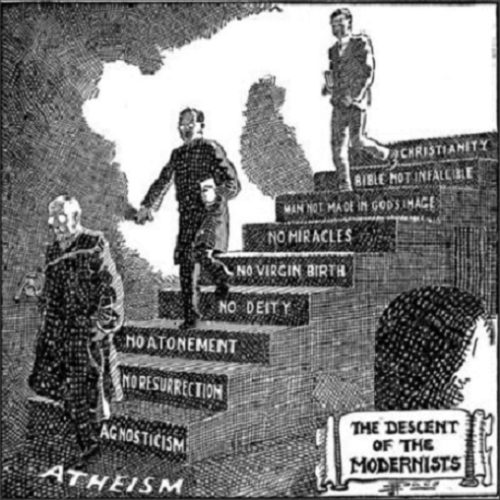 Mankind reasoned and they were led astray. Cf. Wisdom 2:21 A
Mankind reasoned and they were led astray. Cf. Wisdom 2:21 A
Life as the Ungodly See It
The ungodly by their words and deeds summoned death;
considering him a friend, they pined away
and made a covenant with him
because they are fit to belong to his company.
For they reasoned unsoundly, saying to themselves,
“Short and sorrowful is our life
and there is no remedy when a life comes to its end
and no one has been known to return from Hades (Hell).
For we were born by mere chance
and hereafter we shall be as though we had never been,
for the breath in our nostrils is smoke
and reason is a spark kindled by the beating of our hearts;
when it is extinguished, the body will turn to ashes
and the spirit will dissolve like empty air.
Our name will be forgotten in time
and no one will remember our works;
our life will pass away like the traces of a cloud
and be scattered like mist
that is chased by the rays of the sun
and overcome by its heat.
For our allotted time is the passing of a shadow
and there is no return from our death
because it is sealed up and no one turns back.”
“Come, therefore let us enjoy the good things that exist
and make use of the creation to the full as in youth.
Let us take our fill of costly wine and perfumes
and let no flower of spring pass us by.
Let us crown ourselves with rosebuds before they wither.
Let none of us fail to share in our revelry;
everywhere let us leave signs of enjoyment
because this is our portion and this is our lot.
Let us oppress the righteous poor man;
let us not spare the widow
or regard the gray hairs of the aged.
Let our might be our law of right
for what is weak proves itself to be useless.”
“Let us lie in wait for the righteous man (Jesus)
because He is inconvenient to us and opposes our actions;
He reproaches us for sins against our training.
He professes to have knowledge of God
and calls Himself a child of the Lord.
He became to us a reproof of our thoughts;
the very sight of Him is a burden to us
because His manner of life is unlike that of others
and His ways are strange.
We are considered by Him as something base
and He avoids our ways as unclean;
He calls the last end of the righteous happy
and boasts that God is His Father.
Let us see if His Words are true
and let us test what will happen at the end of His life;
For if the righteous Man is God’s Child, He will help Him
and will deliver Him from the hand of His adversaries.
Let us test Him with insult and torture,
so that we may find out how gentle He is
and make trial of His forbearance.
Let us condemn Him to a shameful death,
for, according to what He says, He will be protected.”
Error of the Wicked
Thus they reasoned but they were led astray
for their wickedness blinded them
and they did not know the secret purposes of God,
nor hoped for the wages of Holiness
nor discerned the prize for blameless souls;
For God created us for incorruption
and made us in the image of His own eternity
but through the devil’s (Satan) envy death entered to world
and those who belong to his company experience it. –Wisdom 1:16; 2:1-24
- You May Know the Joy of Salvation and the Assurance
of Eternal Life in Heaven Today, Through
The Good News of Christ Jesus!
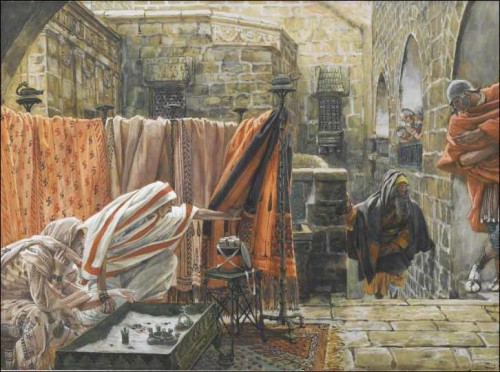 Saint Joseph of Arimathea Asking Pilate for the Body of Jesus
Saint Joseph of Arimathea Asking Pilate for the Body of Jesus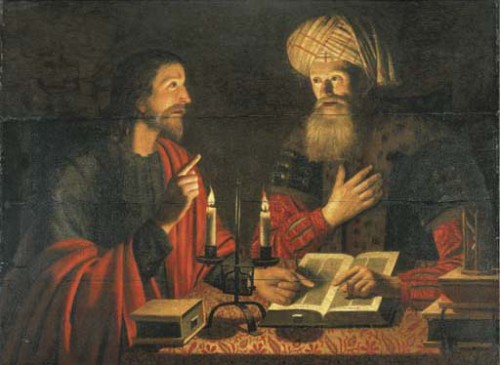 Jesus and Nicodemus –Image:
Jesus and Nicodemus –Image: 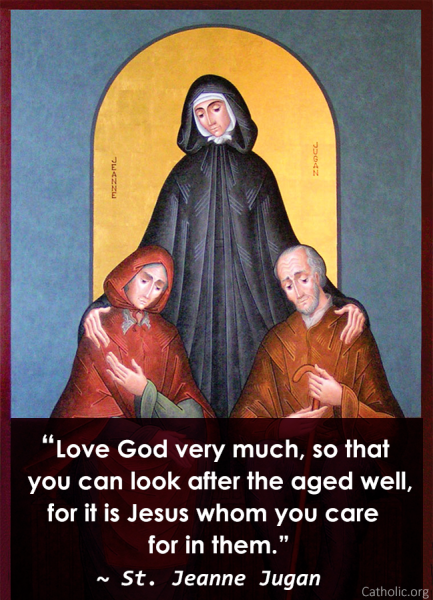 Saint Jeanne Jugan (1792-1879)
Saint Jeanne Jugan (1792-1879)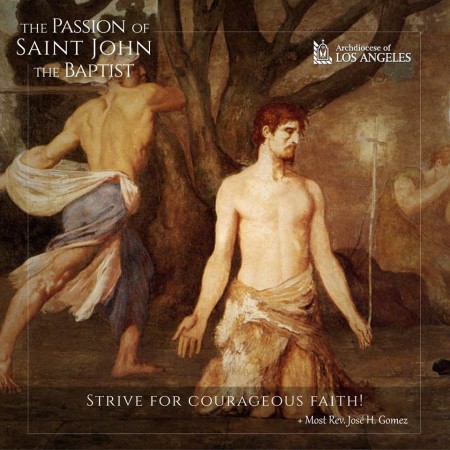 Martyrdom of St. John the Baptist
Martyrdom of St. John the Baptist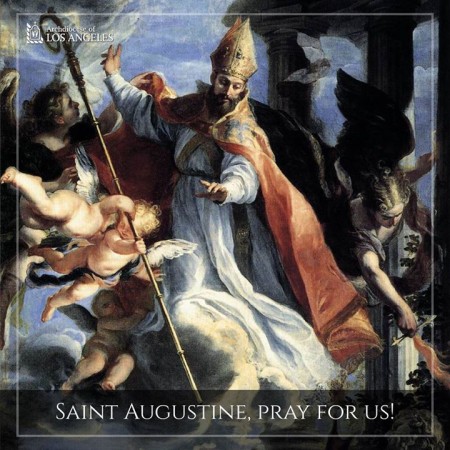 Saint Augustine of Hippo (354-430) Image: Archbishop Jose Gomez
Saint Augustine of Hippo (354-430) Image: Archbishop Jose Gomez 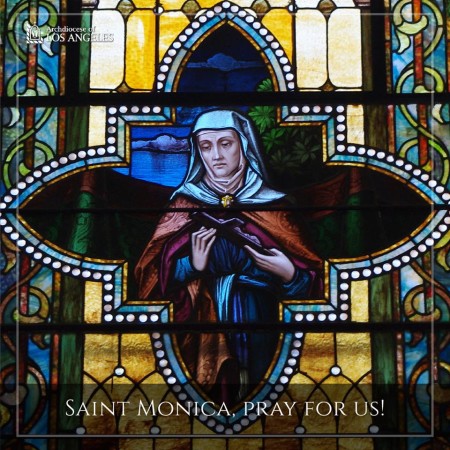 Saint Monica (322-387) Image: Archbishop Jose Gomez
Saint Monica (322-387) Image: Archbishop Jose Gomez 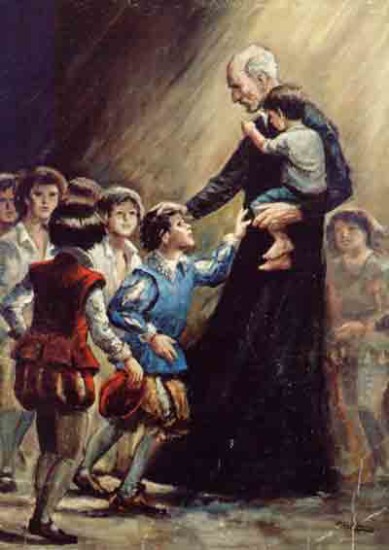 Saint Joseph Calasanz (1556-1648) Image: Introibo
Saint Joseph Calasanz (1556-1648) Image: Introibo 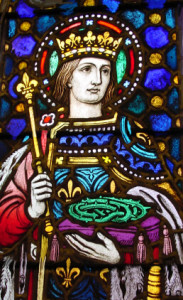
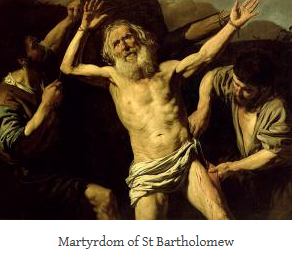
 Saint Rose of Lima (1586-1617)
Saint Rose of Lima (1586-1617)